Bridging the Gap: Understand & Cultivate Your Future Skills in Your Job Search
In today’s competitive job market, professionals often struggle to differentiate between core industry competencies, soft skills, and technical expertise—yet, mastering this distinction is essential for career growth. Whether you’re pivoting careers, aiming for an executive role, or re-entering the workforce, knowing how to present and develop these skills effectively can give you a competitive edge. Insights from the World Economic Forum's Future of Jobs Report 2025 highlights that technological advancements, particularly in AI and automation, are expected to displace approximately 92 million jobs by 2030. However, it also projects the creation of 170 million new roles, resulting in a net gain of 78 million jobs globally.
Core Industry Competencies: The Foundation of Your Professional Identity
Core competencies are the fundamental capabilities that define success in a specific industry or field. These are often broad, strategic areas of expertise that demonstrate your ability to deliver results in your profession. As industries evolve, foundational competencies remain crucial.
For example:
Project Management in IT and construction industries
Financial Analysis in accounting and banking
Strategic Leadership in executive roles
Supply Chain Management in logistics and manufacturing
These competencies are often expected at a high level and are honed over time through industry experience, education, and continuous learning.
Technical Expertise: The Hard Skills That Get You Hired
Technical expertise refers to specific, measurable skills that enable professionals to execute their job functions effectively. These skills are often industry-specific and require training or certifications. The demand for roles such as AI and machine learning specialists, big data analysts, and fintech engineers is rapidly increasing. Acquiring technical skills in these areas can position you advantageously in the job market.
Examples include:
Coding & Programming Languages (Python, Java, SQL)
Data Analysis & Business Intelligence Tools (Tableau, Power BI, Excel)
Project Management Methodologies (Agile, Scrum, Six Sigma)
Marketing & SEO Tools (Google Analytics, SEMrush, CRM software)
Technical skills are essential for meeting job qualifications and staying relevant in an evolving workplace. However, having technical expertise alone isn’t enough—you must be able to apply these skills strategically within your role.
Soft Skills: The Power of Personal Effectiveness
With the integration of new technologies, skills like adaptability, problem-solving, and effective communication are more valuable than ever. These abilities enable professionals to work seamlessly alongside emerging technologies and within diverse teams. Soft skills, often referred to as “people skills” or “emotional intelligence,” are transferable skills that determine how effectively you communicate, collaborate, and lead within an organization. Unlike technical skills, they are not industry-specific but are crucial in every profession. The report also emphasizes that 44% of workers will need reskilling or upskilling within the next five years to meet the changing demands of their roles.
Key soft skills include:
Leadership & Influence – Inspiring and guiding teams toward success
Problem-Solving & Critical Thinking – Navigating complex challenges
Communication & Negotiation – Articulating ideas persuasively and clearly
Adaptability & Resilience – Thriving in dynamic work environments
Collaboration & Teamwork – Working seamlessly across departments
Employers increasingly prioritize soft skills because they enhance workplace culture, productivity, and innovation. Even the most technically proficient employees must develop strong interpersonal skills to move into leadership roles.
How to Leverage All Three for Career Success
To stand out in your job search, you must strategically balance these three elements:
Identify industry-specific competencies – Understand what’s required at a strategic level in your field.
Build technical expertise – Stay up to date with emerging tools and technologies relevant to your profession.
Develop strong soft skills – Demonstrate your ability to lead, adapt, and communicate effectively.
Pro Tip: When crafting your resume or LinkedIn profile, be intentional about showcasing all three categories. Use job descriptions and industry trends to guide how you position yourself as a well-rounded professional.
Final Thoughts: Future-Proofing Your Career
In a rapidly evolving job market, the most successful professionals are those who continuously refine their core competencies, technical skills, and soft skills. Investing in ongoing learning, mentorship, and practical application will ensure you stay ahead of the curve.
By mastering this balance, you don’t just land a job—you create a compelling professional brand that makes you indispensable in your industry.
Need help? Click here to work with us as we “Transforming Leaders into Influential Brands.”
or Download our Playbook for a job transition plan to ease the stress and uncertainty of an unexpected career shift.
